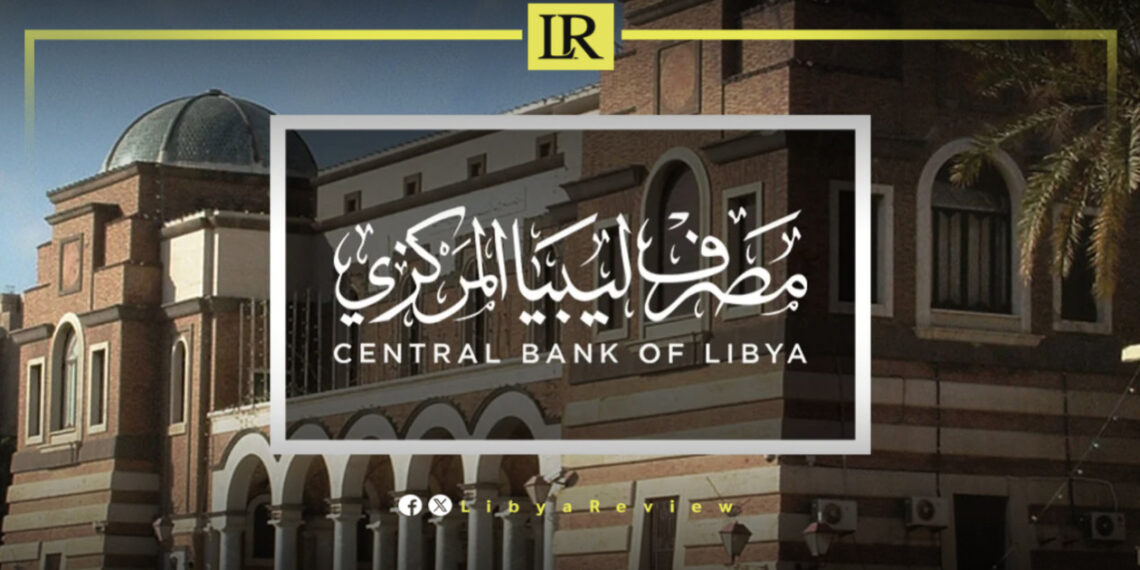On Thursday, the Central Bank of Libya reported that total state revenues reached approximately 37.693 billion Libyan dinars during the first four months of 2025.
The announcement was made in the Bank’s latest monthly fiscal report, covering the period from January 1 through April 30.
The overwhelming majority of revenue came from oil-related sources. Oil sales alone accounted for 30.6 billion dinars, while oil royalties added another 6.5 billion dinars. Combined, these two categories comprised over 98% of all government income, reaffirming Libya’s continued economic dependence on the hydrocarbon sector.
Other revenue sources included 41 million dinars from tax collections, 57 million from customs duties, and 45 million dinars from the telecommunications sector. An additional 882 million dinars were categorized as “other revenues.” These included fees and charges collected by local financial offices in Libyan municipalities, such as passport fees, car registration charges, fines, and other service-related receipts.
The report also confirmed that domestic fuel sales generated zero income during the period, suggesting either continued government subsidies or inefficiencies in revenue collection from fuel distribution.
In its statement, the Central Bank reiterated its commitment to transparency and fiscal accountability. It emphasized that regular disclosure of government revenue data is part of a broader effort to enhance public awareness and encourage responsible governance. The Bank stated it would continue to publish such updates using all available tools to ensure that Libyan citizens and institutions remain informed about the country’s financial situation.
This latest report comes as Libya faces ongoing fiscal pressures, institutional fragmentation, and competing governance claims between rival governments. With oil revenues sustaining public expenditures, transparency in how income is generated and spent remains crucial to public trust and stability.


